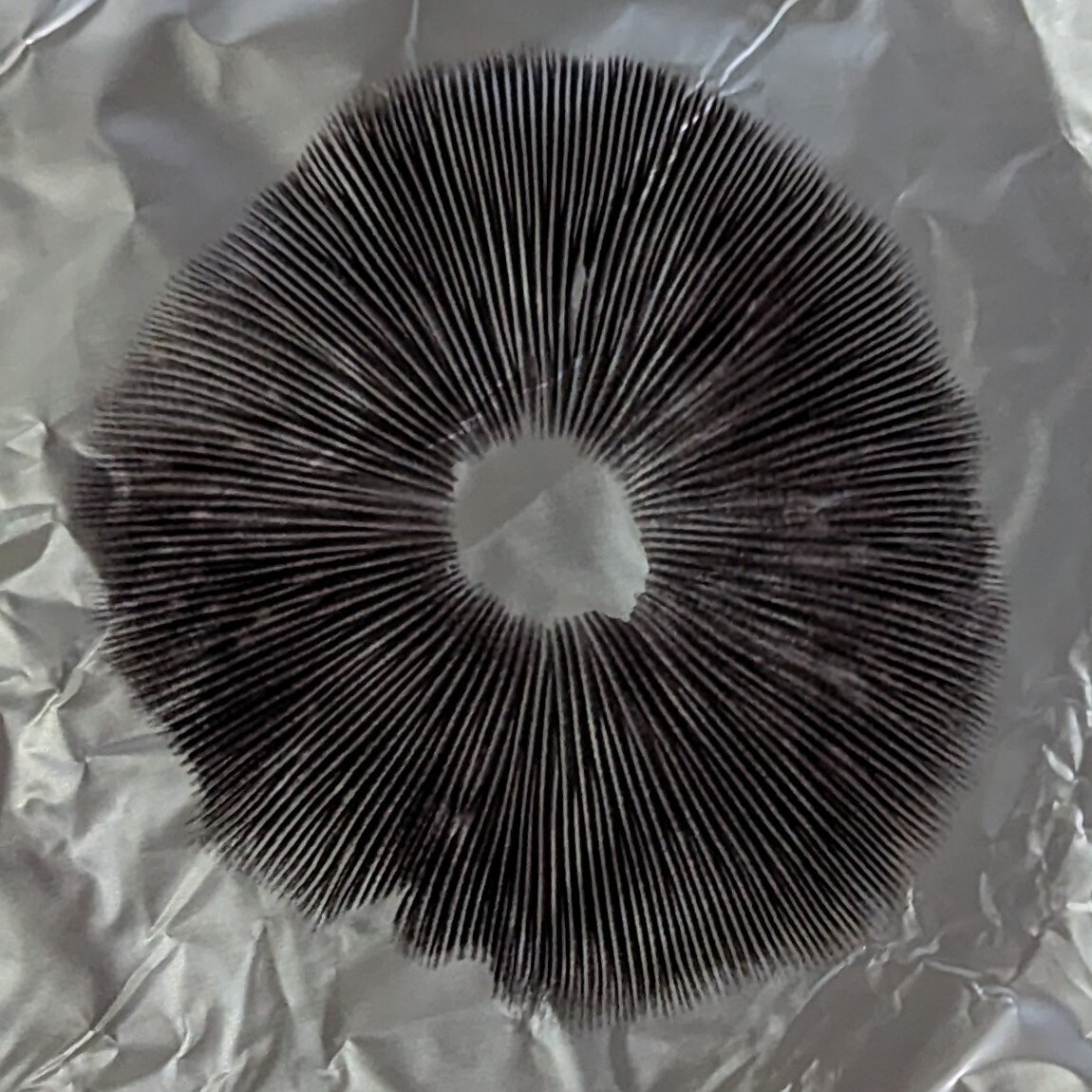Commercial radio stations pay about 12 cents per play, while college stations pay about 6 cents per play. Half of the money goes to the publisher and half goes to the songwriter or songwriters.
It’s always been a crap shoot for musicians. They make more money touring which is why even really successful musicians tour well into their twilight years.
Record sales are also a crapshoot. Someone else posted the numbers for those in this thread. Streaming allows more access by more people to more music. But that access results in a cost. The cost is less pay per listen. The entire industry is broken.
https://kbin.social/m/music@lemmy.world/t/926850/-/comment/5918633
By making really short songs.
Because there’s a fuckload of people streaming and because they’ve already paid for it, they do it for hours every day.
There’s artists on tens of billions of streams. That’s enough to live on for anyone.
Of course if you’ve got only a few thousand streams then you’re going to make fuck all, but you probably weren’t going to make anything anyway. You might get a few fans from discovering things on Spotify who might turn up to your gigs or buy that T-shirt or whatever, but with that number of listeners you probably wouldn’t even have got any radio play in the old days, let alone make money from albums.
Most people never make money on art, no matter which art it is, or what business model they use. It’s just life. If you never hit that mainstream vein, you’re going to need a proper job.
They aren’t. The fees are supposed to benefit the streaming companies.
I hope the bill discussed in the article helps rectify that.

This is why more people need to move away from Spotify. They pay artists way too little.
I thought deezer paid a LOT better
Having a musical idea, and recording it, expressing it the way that you thought it… That required a lot of effort, from a lot of engineers, at a studio, with a lot of expensive equipment… As recently as the mid 90s.
Now we’ve got Jacob Collier, winning Grammys from his bedroom.
To assume you can live off streams today would be like a journalist thinking they could survive off of tweets 3 years ago. Getting well edited thoughts out to the masses via the press required a lot of effort from a lot of engineers, at a studio using lots of expensive equipment.
i mean, TBF, you could just rent studio time, so it’s not like it would’ve been a significant thing in the way of your goal.
Studio time is not expensive today.
It was cost prohibitive in the 69s, 70s, 80s, early 90s.
i mean, how cost prohibitive though. Instruments cost money, people still produce music with instruments these days.
Shit costs money. That’s just the name of the game.
Paper costs money, pens cost money
You’re thinking with yesterday’s figures.
i mean you’re speaking in absolutes here, im assuming you have data to back it up.
Try Google. Not going to entertain this with my time because it’s on a level of dumb that —
Try Google homie.
i mean i could. I’m not the one making the claim that it was prohibitive though.
sure, but why platforms get to be rich and the actual artists dont?
Because they have all the customers.
If you don’t like the rate the current major platforms give, you could choose to use one of the many alternatives that (presumably) exist.
And if they really don’t, I could build you one in a couple of weekends with all the open source resources and federation protocols available today.
But none of that matters because all the paying customers are on those major platforms. And until you convince users to move off those platforms, you’re basically their bitch. They’ll pay you whatever they happen to feel like paying you.
Actually while typing that out I thought more about the technical architecture of such distributed alternative streaming service that pays artists fairly, and it does sound like it could be fun to build.
But everyone in the fediverse already knows how difficult/impossible it is to get the average person to switch to open source software. It would most likely be a waste of time.
I’m more concerned that streaming platform algorithms prioritise passive listening (maybe not more concerned… I’m not sure how concern is quantified). It goes against their business model to risk serving users music that might actually push, and thus potentially expand, their taste. Music that is challenging may cause a user to stop listening. Better for the auto play algorithm to serve up safe bets, homogenising the general popular music gene pool. Like serving endless Big Macs in case tom yum is too spicy or lamb shoulder is too rich. As a result, the way to find success in the era of streaming platforms is to play G-D-Em-C and sing about the boy/girl you like/liked. This causes a feedback loop where bland music leads to bland tastes, which leads to bland music…
btw, if you want to broaden your taste in music, go listen to an entire album with a few or just one song you like from a particular artist a couple of times.
You like one album they’ve done, go listen to the other work they’ve made. Trust me, it’s very worthwhile.
Yeah I almost exclusively listen to full albums. Definitely helps give context to the music and understand the artist better. I also agree that you should give it a few listens. Some great albums need you to dial in before you really fall in love with them. It’s a more active process than just listening to an unending algorithmic recommendation stream, but the effort is rewarded!
the flow between songs is sometimes better than the individual songs. Bonus points for artists that use transitory tracks between the main ones. Those are always weird.
A personal example of mine was morcheeba, had listened to their early albums, never the later ones, got a hold of a discog, that band is one of my top favorites now.
Ah Morcheba! Now that’s a band I’ve not heard in a while!
Another album feature I enjoy is the “bonus” track at the end after an absurd length of silence. 1977 by Ash comes to mind. Nothing like going to sleep with an album on to be suddenly woken up by drunk people puking.
As well as transitional tracks, I love it when tracks genuinely feel like they exist as part of something larger. Whether through transitions within the tracks (Nonegon Infinity by King Gizzard and the Lizard Wizard takes this to the extreme) or by essentially turning the album into one long almost operatic piece (like Colours by Between the Buried and Me).
massive attack i believe, has a track that has a “hidden track” which is just like 8 minutes of ambient noise. After an immediate banger as well, so it just gaslights you. It’s great.
i’ve always been intrigued by bands and artists that meld songs between the album, it’s an interesting experience. Boards of canada does it somewhat. It’s pretty hard to distinguish which makes it really interesting to listen to. It’s all one thing, but a collection of many different things also. Very interesting.
To put that in perspective… If you listened to 30+ songs a day, a thousand a month. And you only listened to ONE artist. That artist’s label company would get $1.73 for the month, and of that, the artist would probably pick up like 50c.
Ok, not defending the record and streaming companies but this is nothing new. In the past if you bought an album the artist would see around 1.50$. At an average of 13 tracks on an album you would have to listen to the full album 133 times to equal 3$. That would be close to the band getting 1.50 depending on their contract. This math makes a lot of assumptions about royalties that are varied and complex but I listen to many albums more than that on streaming.
Bands never made tons of money off record sales, there are lots of better ways to support bands you like. Royalties are often paid to the band in merch, so buy a CD or vinyl directly from the band. Same for anything they sell directly at concerts or on their site.
That said I would love to see better shares for the artists, but it’s unlikely going to get better because screwing artists goes back decades.
The access to Spotify is also super easy. I was in bands and unless you were already popular or had a record deal, getting your CD in stores was almost impossible. I managed to get my bands CD into all the hot topic stores in my state but it was a huge undertaking for a 20 year old kid that just wanted to play music and knew nothing about getting upc codes and negotiating margin and managing inventory.
When Spotify came around I was able to put my music up with about an hours worth of work which was mostly entering banking details, uploading the songs and artwork, and writing a blurb.
I honestly want to start a record label just to put all the local bands I used to play with up on Spotify. Most of them broke up just before the barriers to entry fell down and now the music is lost forever.
Record companies have been stealing artist record sales for 70 years. This is nothing new to musical artists. The motivation to get on a streaming service is so sell tickets to your tour shows. Inflated album prices of the 90s made very few artists any money.
Streaming was never going to be profitable, it was the only option the music industry had to make any kind of money over piracy.
Most artists are happy to be making nothing on streaming, because giving access to your recorded music sells tickets. Tour tickets sales and merch has been the bread and butter for the musical artist for decades and remains the primary source of income.






